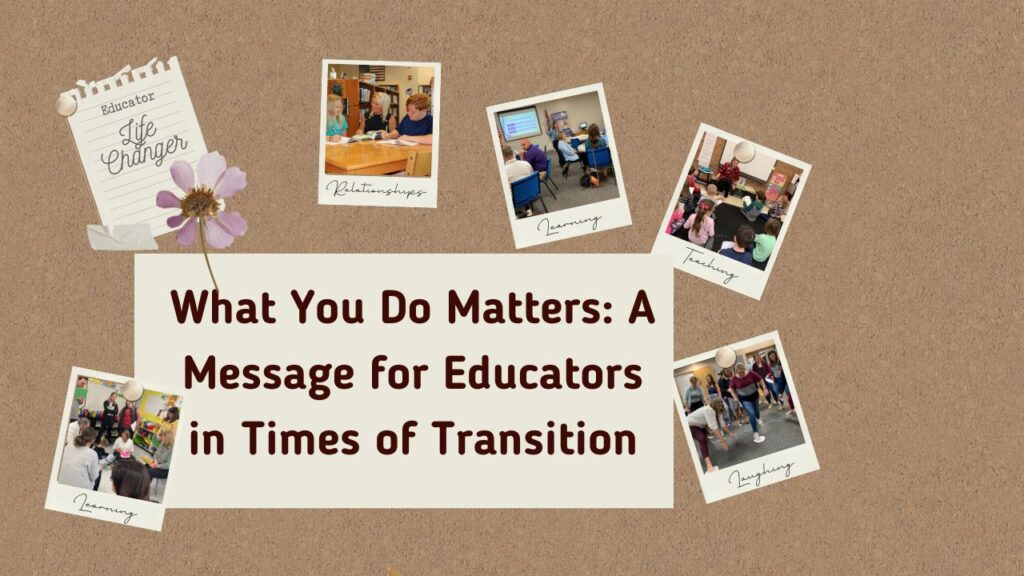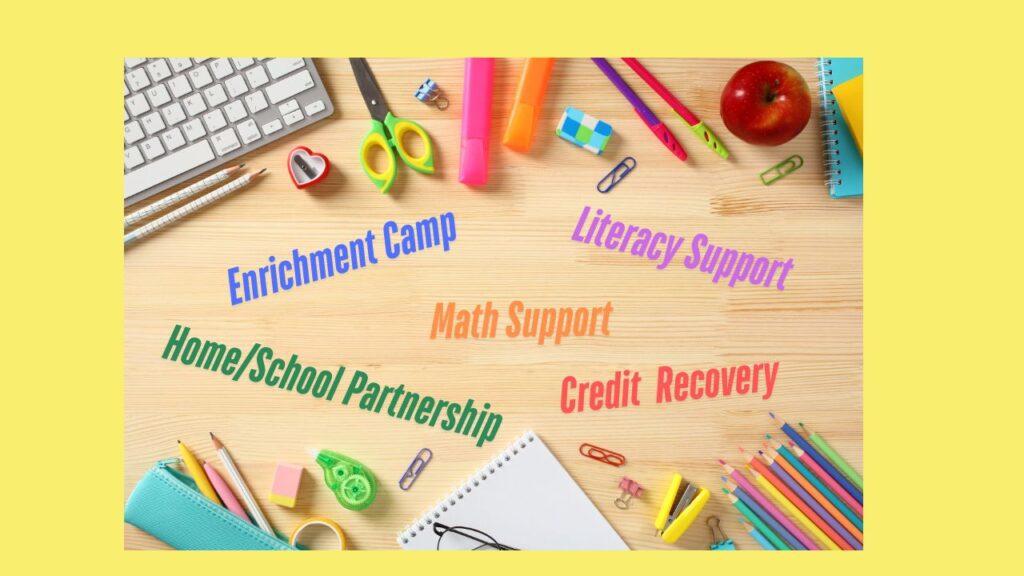Posts by Compass PD, LLC
From Pilot to Purchase: A Practical Guide to Selecting Core Instructional Resources Part 1: Setting the Stage for a Successful Pilot
Dr. Sherri Lorton In today’s educational landscape, selecting the right core instructional resource is more than a textbook decision—it’s a commitment that can shape teaching and learning for years. With high stakes for instructional alignment, usability, student outcomes, and community confidence, the process of evaluating and adopting a new resource deserves deliberate, collaborative planning. In…
Read MoreReignite Your Passion: The Power of Personal Learning
By Dr. Natalie Fallert Trying the same things? Feel like you have nothing more to give? Defeated? You’re not alone. I work with teachers across the country, and lately, this feels like the shared mantra in education. Since 2020, professional development (PD) has shifted dramatically—from in-person collaboration to virtual and asynchronous formats. While necessary, this…
Read MoreUse It or Lose It: Why the End of the Year Matters Most
By Dr. Carrie Hepburn As the end of the school year approaches, it’s easy to feel like the finish line is near — but the truth is, the most important work is happening right now. Why? Because our job isn’t just to teach content — it’s to create habits that students will carry with them…
Read MoreDon’t Let Math Slip Away: Sliding Into Fall with Skills Intact
By Constance Hallemeier The school year is winding down. The days are getting longer, the air warmer, and the desire for summer vacation is growing stronger. Images of kids sleeping in, playing with friends, and doing math… what? Wait, doing math, really? While the excitement of a break from routine is intense, there’s often a…
Read MoreThe Power of Book Clubs: A Principal’s Guide to Student Engagement
By Dr. Natalie Fallert Many administrators want to help teachers move beyond whole-class novels and embrace book clubs but worry about the lack of structure. The good news? Book clubs foster student independence, engagement, and deeper discussions—all while ensuring students actually read. If you’re unsure where to start, this guide will walk you through why…
Read MoreMore Than Words: An Autism Journey
By Michelle Kearns A picture is worth a thousand words—except this one. He didn’t have a thousand words. Maybe he did, but he couldn’t express them. Instead, he used his hands—six-year-old hands, flapping as fast as they could, his mouth open wide, eyes locked on the horizon as the sand and ocean met his feet.…
Read MoreELA Test Prep, Reimagined: Practical Tips for Real Results
By Dr. Natalie Fallert Test prep—two dreaded words for both teachers and students. While I firmly believe that the best test preparation is year-round instruction in reading and writing, I also recognize that many schools require dedicated test prep units. If we must do it, let’s do it right. Focus on Priority Standards I have…
Read MoreCreating a Learning Ecosystem: The Role of Effective Systems
By Dr. Carrie Hepburn In the dynamic world of education, establishing well-structured systems is essential for creating environments where all stakeholders—students, educators, administrators, and the community—can thrive. These systems define our operations, setting clear expectations and procedures that foster consistency, safety, and a shared sense of purpose. Schools can become chaotic without them, leading to…
Read MoreWhat You Do Matters: A Message for Educators in Times of Transition
By Dr. Carrie Hepburn Navigating Change with Strength and Purpose Let’s be honest—this time of year can feel like controlled chaos. Testing season is here. Schedules shift daily. There’s a rush to squeeze every last bit of knowledge into our students’ minds. Add to that the changes swirling around our districts: retirements, new hires, shifting…
Read MorePlanning and Expanding Summer Programs Part 2- Scaling Up Summer Learning: Strategies for Organization, Growth & Long-Term Success
By Dr. Sherri Lorton With students selected and families notified, transforming your vision into a well-structured, high-impact program is the next challenge. A summer learning initiative’s success hinges on thoughtful planning, smooth execution, and a strategic approach to future expansion. Beyond logistics, administrators must coordinate with key departments, manage resources efficiently, and explore growth opportunities…
Read More









